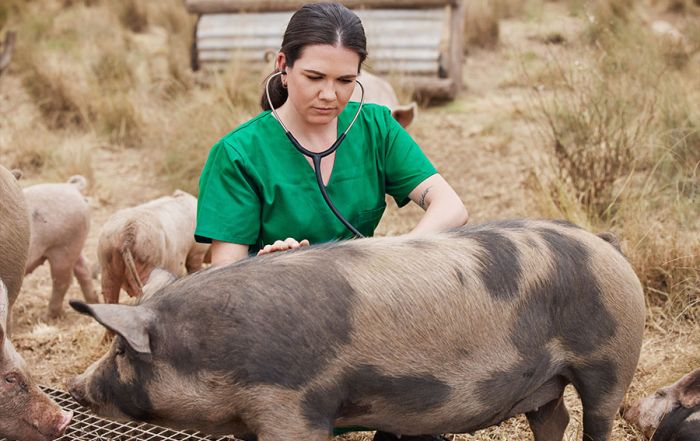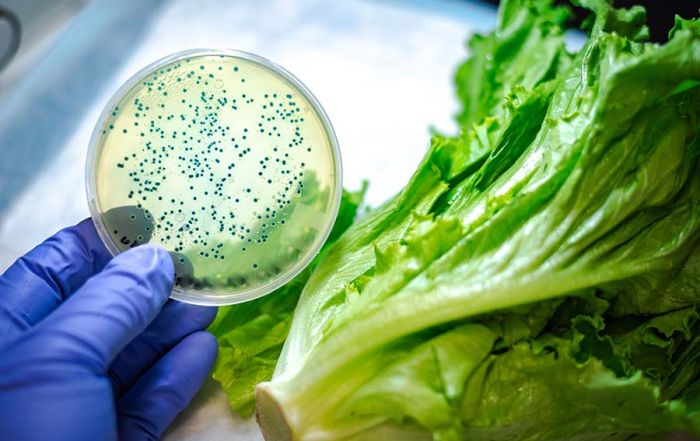Halfway Gone, A Mid-Year Food Safety Check-up for your Foodservice Business
July is often a time when a portion of us in the foodservice business are at our prime. In many areas of the country, we are in the midst of [...]
From Farm to Fork: Knowing the Importance of Food Origins
In the foodservice industry, maintaining high standards for the food that comes into your back door is important – both from a food quality and a food safety perspective. One [...]
Brushing up on Hygiene: Are Nail Brushes the Unsung Hero of Clean Hands?
Last month, I focused the discussion within the blogs on handwashing. One aspect of handwashing that I did not cover was the use of nail brushes, and this is a [...]
Clean Hands, Safe Eats: Considerations to Improve Handwashing Compliance
In my blog earlier this month, I discussed a bit of the art and science behind handwashing. If you are reading a blog post about handwashing, you likely don’t need [...]
Clean Hands, Safe Eats: The Art and Science of Handwashing in Foodservice Operations
Last week, I had the pleasure of joining one of our FoodHandler partners, Martin Bros. Distributing, for a Webinar on handwashing. During the webinar, we got into some of the [...]
Never Did I Ever…
Yes, I know the real game is “never have I ever”, but that phrase didn’t work for the topic of this blog, so I changed it around a bit. I [...]
Understanding Food Contamination in Foodservice Operations
Within this blog, I’ve provided a lot of details about the finer points of food safety – from making sure your kitchen staff is trained, to detail about various foodborne [...]
The Antibiotic Debate in Our Food Chain
The discovery of antibiotics in medical science is regarded as one of the most important medical advances in human history. It has allowed doctors to combat bacterial infections and save [...]
Exposing the Risks of Raw Milk
When I began my career in the food safety area several years ago, I never dreamed I’d be discussing why people should not drink raw milk. But recently I ran [...]
Navigating the Latest Listeria Outbreak
I am starting to feel like a member of the Bad News Bears, the guy that is always focused on the negative. You might recall from one of my January [...]
Enhancing Safety and Adding Flavor: The Role of Additives in your Food Supply
Last week, I ran across a post on Facebook from a childhood friend denouncing additives in the food supply. I had to quickly scroll by, otherwise I may have been [...]
E. Coli Outbreaks, The Gift that Keeps on Giving
Late in December, in response to possible E. coli contamination, we saw a recall issued for 7,000 pounds of ground beef. While 7,000 pounds of ground beef is not a [...]


















